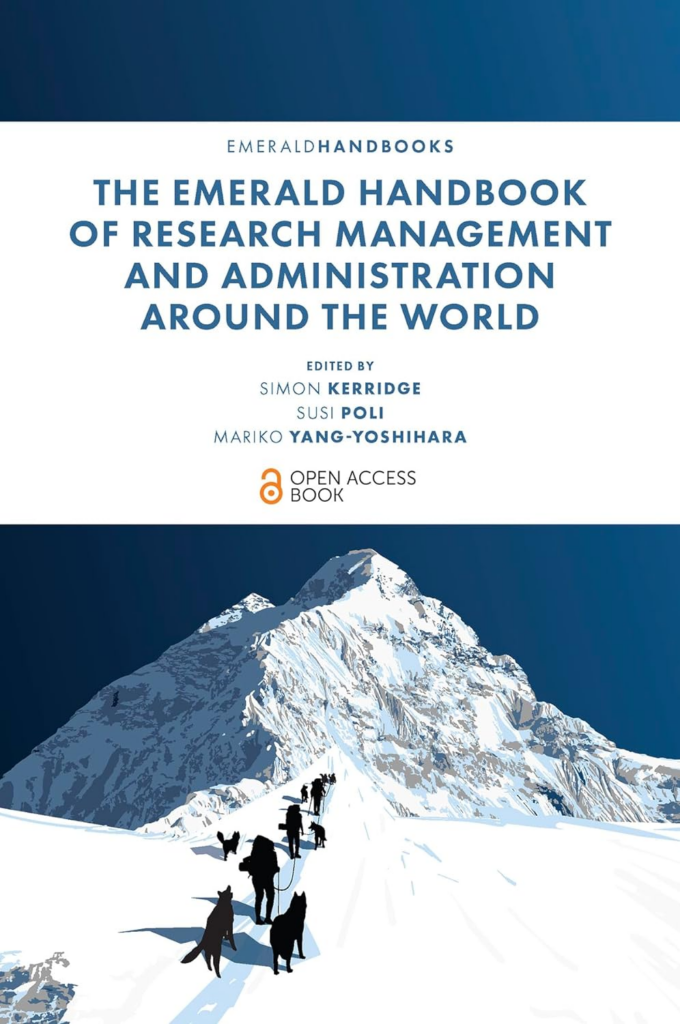While developing our company, SOLEN has had the honor of connecting with Japanese organizations as our partners and customers, including Japanese private companies and academic institutes. We always appreciate these collaborations.
One of our Japanese customers and partners, Kyoto University ASEAN Center, has just published one scientific book chapter called “Empirical and Empathetic Approaches Taken by Science, Technology and Innovation Coordinators in Southeast Asia”.
This book introduces the role played by the Science, Technology, and Innovation (STI) Coordinators. It highlights their efforts to manage multiple large-scale international and transdisciplinary (TDR) projects supported by the public fund. They focus on the case of Kyoto University. What characterized these TDR projects was their empirical and empathetic approach to partnerships, which is elaborated in four main sections:
- Empirical and Empathetic Approach: Southeast Asian Area Studies at Kyoto University;
- Case Study of STI Coordination to Bridge ASEAN and Japan;
- Results and Future Perspectives;
- Concluding Remarks.
In this book, the roles of STI coordinators are detailedly characterized, but the authors also state that the career development of STI coordinators should be considered further. As a next step, the ASEAN-Japan STI community should materialize human resource development programs for STI coordinators that would suit local needs in each institution and context.
According to this book, there are still some questions remaining unsolved, such as:
- Is it appropriate for a researcher or governmental official to hold a coordinating position, or should we develop full-time professional STI coordinators in ASEAN?
- What kind of program or curriculum effectively systematically and strategically trains STI coordinators?
- What role should each sector play in ASEAN and Japan?
Abstract of the chapter:
This chapter explores the empirical and empathetic approaches employed by a group of fieldworkers from Japan who collaborated with individuals from different parts of Southeast Asia. Their objective was to address shared societal challenges and mentor the next generation of future talents. Additionally, research administrators at Kyoto University conducted an online survey and organized study group meetings focused on Science, Technology, and Innovation (STI) coordination, engaging approximately 700 partners in ASEAN. While formal job guidelines for hiring full-time research administrators are rare in the region, many researchers and government officials in ASEAN recognized the importance of these coordination skills and values in advancing STI projects. Coordinating ASEAN-Japan projects has demonstrated that practical experiences with skilled professionals and strong interpersonal skills aligned with Asian cultural values that prioritize conscience and altruism. The region will require appropriate human resource training and assessment programs tailored to local STI needs as a next step.
Keywords: Profession; skill standards; empirical research; quantitative analysis; collaborative work environments; research managers and administrators; performance; Japan
————————————————————————————————————————————–
This is an open-access book.
If you want to understand more about this topic, find the book HERE



 Tiếng Việt
Tiếng Việt 日本語
日本語